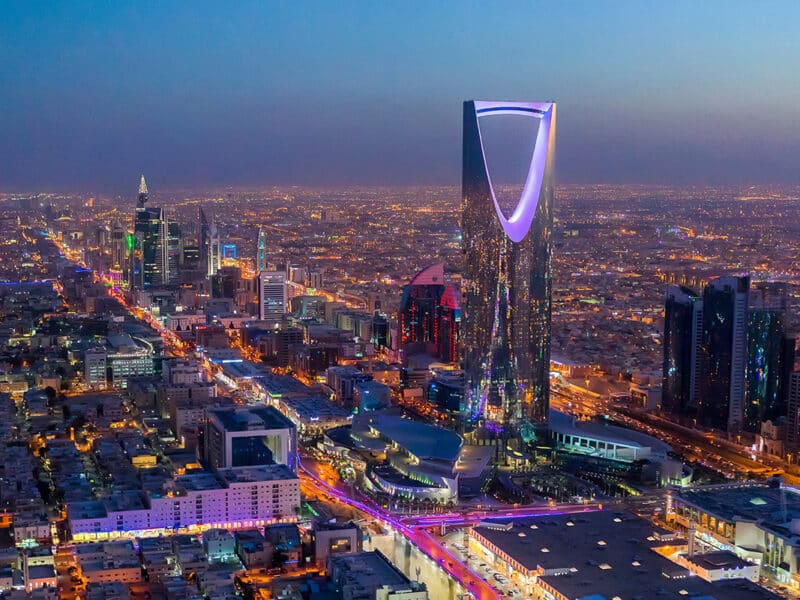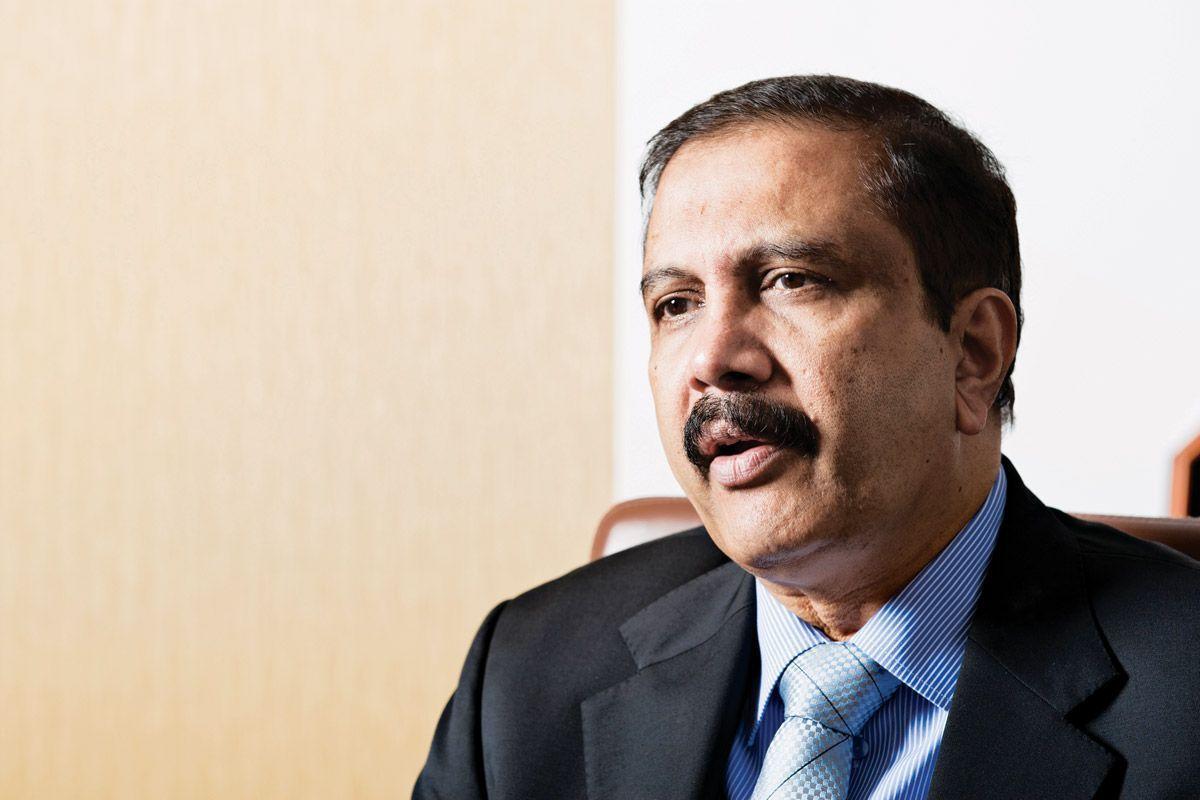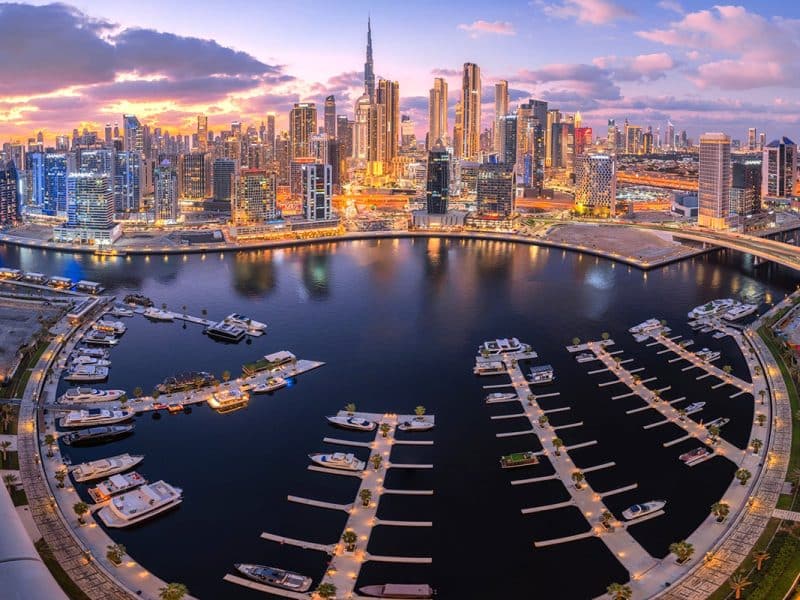Dr Azad Moopen’s spacious office in Dubai’s Business Bay district is laden with achievements, accolades and awards collected since he arrived in the UAE from his native Kerala more than 25 years ago.
Since founding DM Healthcare in 1987, chairman Moopen has overseen the company’s expansion from a few small clinics to an empire of hospitals, medical centres and pharmacies across not only most of the GCC countries, but India too.
The Dubai-based firm is now one of the region’s largest private healthcare providers.
Under the corporate brand Aster, the group now employs more than 5,000 people and anticipated revenues of $500m for the 2012 financial year, about 30 percent to 40 percent growth compared to 2011. Moopen, who recently turned 60 years old, says that DM Healthcare is looking to expand aggressively not only in the immediate region, but possibly worldwide in the coming years.
As part of DM Healthcare’s ‘Vision 2025’ grand plan, Moopen says the company will invest $600m in building and acquiring hospitals and clinics across the Gulf and the subcontinent.
The investments will be made up of $300m on green and brownfield projects in the UAE, Qatar and Saudi Arabia and a further $300m on purchasing majority stakes in hospitals in India, Moopen explains.
The projects include a 100-bed multi-specialty hospital in both Dubai and Sharjah for the UAE, which are due for completion in 2013 and 2014, respectively. Once complete, they will take DM Healthcare’s tally of hospitals in the country up to four.
Other investments include two greenfield sites and three acquisitions in Saudi Arabia over the next five years and a 75-bed facility in Qatar due to open in 2014. DM Healthcare will also add 100 beds to its existing 240-bed general hospital in Riyadh.
DM Healthcare is also planning a number of new locations in India over the next five years, Moopen says, following the construction of a 3,100-bed medical city in Kerala, a major state in the south of the country.
“We are looking at India as a major opportunity as we go forward in the next fifteen — 20 years,” he continues. “Of course the Middle East is good and we already have a presence here, but as a larger market we would like to have a closer involvement in India.”
Article continued on next page
To date, much of DM Healthcare’s investment into India has been concentrated in Kerala, the state that Moopen himself calls home. He insists, though, that the group is eager to branch out into other parts of the country, although will likely avoid congested metropolitan areas like Delhi and Mumbai, which he says are oversaturated with existing healthcare providers.
Moopen explains that DM Healthcare has recently been in talks to purchase stakes in existing healthcare facilities in “tier two” Indian cities in the states of Gujarat and Madhya Pradesh. These cities include Pune, Kolhapur, Nashik and Baroda.
“Our strategy is to go into these cities, rather than into the metros (larger metropolitan areas such as Mumbai and Delhi), which already have the presence of large [healthcare] chains,” he adds.
The expansion will be based on forming joint ventures, rather than outright acquisitions. “Our plan is to have associations with existing doctor groups, who already own hospitals and who want to expand. For example, somebody who has a 50-bed hospital or a 100-bed hospital, if they want to add on another 200 beds, and if they are ready to give a majority stake to us, then we invest the money as well as the expertise, but they will be running it from the grassroots level.”
Moopen believes that much of the country of 1.2 billion is currently chronically underserved in terms of healthcare provisioning. “If you look at the market there is a gap between what is there and what is required,” he believes.
Moopen says that government spending on healthcare is currently far lower than that of first and second-world nations and so there is a substantial gap in the market for private healthcare providers such as his. “In developed countries, [healthcare is] between eight percent to ten percent of GDP being spent. In the BRIC countries and many developing countries it’s five percent to six percent, whereas in India it’s still only 1.8 percent,” he says.
Moopen expects that India will provide “one third to 40 percent” of DM Healthcare’s total revenues within the next five years. Presently, around 80 percent of the group’s turnover is derived from the GCC, with the remaining 20 percent coming from an existing network of Indian medical facilities and joint ventures in the south and west of the country.
Moopen tells Arabian Business that the company will hire 10,000 new employees over the next five years to accommodate this expansion. This will take DM Healthcare’s total headcount to more than 15,000 employees. The difficulty in attracting new talent, Moopen says, is what led the company to establish its DM Wayanad Institute of Medical Sciences in Kerala. Through the institute, DM Healthcare says it has moved from being a “consumer” of talent, to a “provider”. “This is actually a major challenge, getting people. Getting doctors, down to paramedical staff, to the level of even nurses, it’s becoming increasingly difficult,” Moopen believes.
Moopen says that he would like to see DM Healthcare eventually expand its network beyond the borders of the GCC and India, although at present there are no finalised plans to do so.
Article continued on next page
In his sights are opportunities in the US, Europe, Egypt and Nigeria, which would mainly target would-be ‘healthcare tourists’, patients who typically travel to less-developed nations seeking more cost-effective medical treatments. “In Western countries, because of the financial downturn, [patients are] looking at cost-effective solutions in healthcare. A lot of people are travelling for healthcare into the Asian countries [for treatment],” he believes. “Instead of [patients] travelling to the Asian countries, why don’t we take [treatment] to them? It will be a better method than bring all these patients here. If you take one doctor [to the US], maybe he can see 100 patients there?”
Moopen says, though, that he does not anticipate expansion into these territories to happen until at least 2017, but before 2025.
DM Healthcare recently received a $100m cash injection from private equity firm Olympus Capital Asia, which will help to fuel the company’s expansion plans across the GCC and India. Moopen says that the company is seeking further external investment, but only if he and his family continue to hold the controlling stake in the group.
“As a family we hold a significant majority [in DM Healthcare], so we can go for maybe another round of dilution without going into a minority,” he says. “In assets we are well-funded… but we are planning some acquisitions in the Middle East and India… so we may require additional funding.”
One way of raising this funding would be through a stock exchange listing. In April 2012 NMC Health, an Abu Dhabi-based private healthcare provider, took part in a successful initial public offering (IPO) on the London Stock Exchange, where it sold 55.7 million shares, raising £117m ($187m).
DM Healthcare’s Moopen says that he will look to follow NMC down the IPO route, saying a listing in 2014 or 2015 is on the cards.
“In the next two or three years we’re looking at an IPO, either in markets like London or maybe here [the UAE] if the market improves… or maybe in India where the multiples are very good actually,” he says.
Moopen says one facet of the company that could prove attractive to potential investors is that the DM Healthcare is concentrated across several verticals, with its portfolio spanning general hospitals, specialty hospitals, smaller clinics and a large network of pharmacies.
“We have an advantage compared to many other healthcare players, because we are into multiple verticals of healthcare, which many people are not,” he claims. “We’re into mainstream hospitals, as well as clinics and pharmacies. Many of the healthcare players, if you look at them, are maybe into just one vertical, like hospitals or pharmacies.”
Regardless of whether the mooted IPO occurs or not, Moopen says that the benchmark for the company’s success is matching the likes of Emirates Airline and Jumeirah Group, UAE companies that over the years have evolved into brands recognised the world over.
“Our aim in the next ten to fifteen years is to be a global player, rather than a regional player,” Moopen asserts. “That’s what the whole strategy is, to not just be [in] GCC and India, we want to become somebody that is present in many geographies.”







